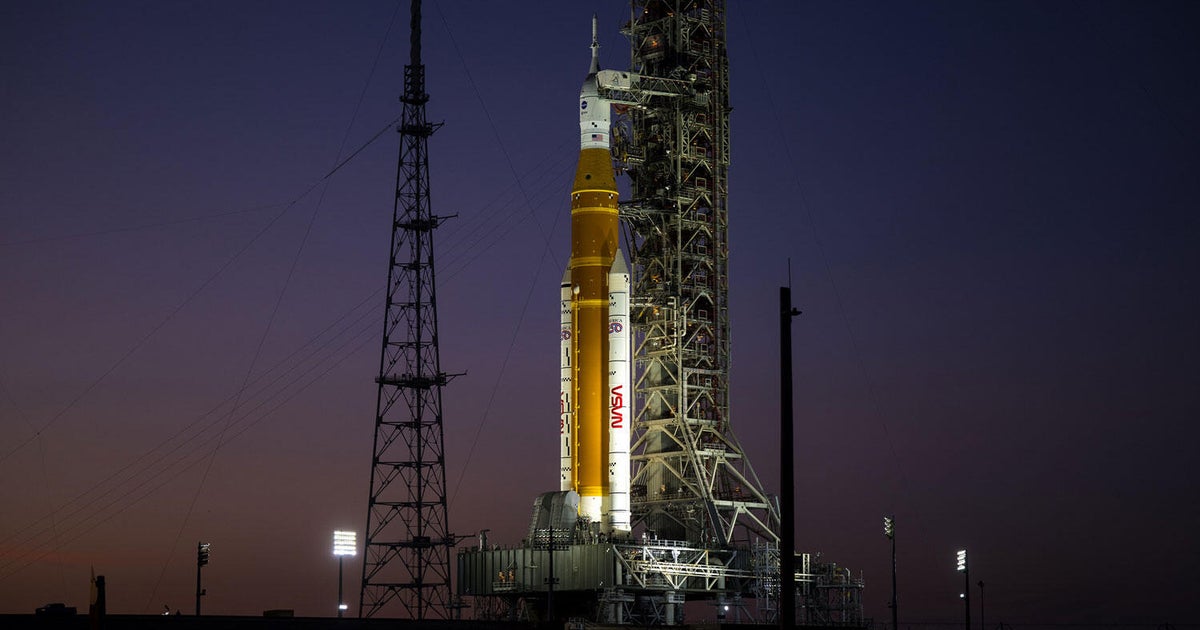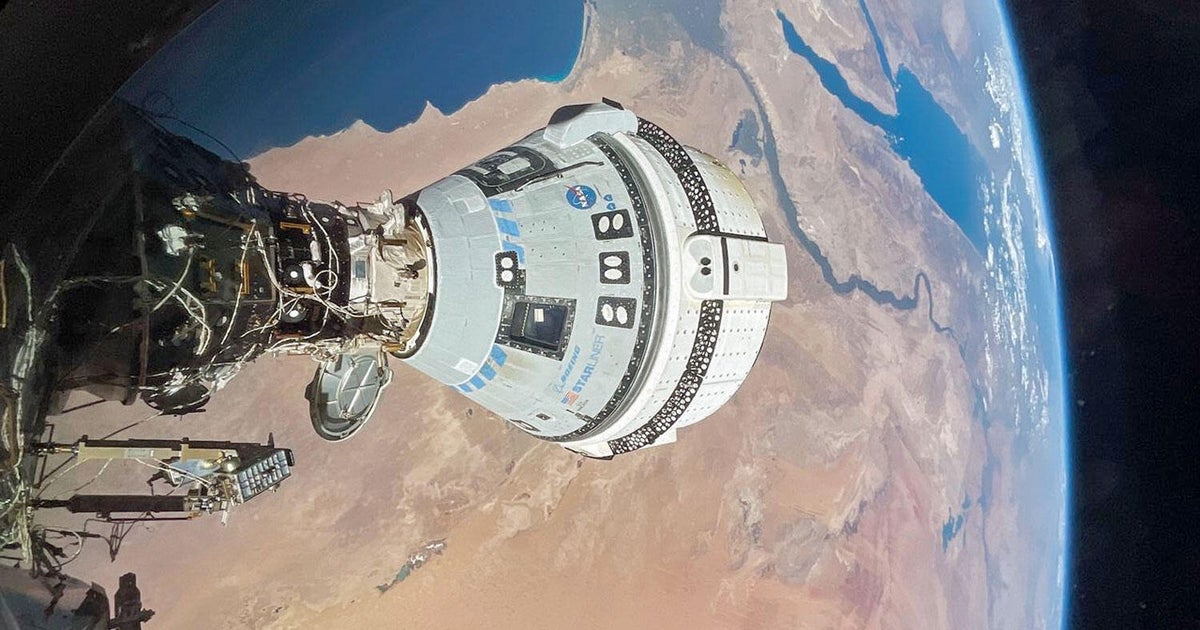Lunar time standard key to NASA's new manned moon mission
SAN FRANCISCO -- NASA in 2024 is once again readying new missions to the moon and Einstein's theory of relativity is influencing the plans.
"We are closer than ever to returning humans to the moon," said Catherine Koener, Associate Administrator for Exploration Systems at NASA. "The Artemis II crew will be the first people to lay eyes on the far side of the moon in more than half a century."
Precision, however, is a crucial part of space exploration. Time is a key component of that. But time works differently on the moon.
"Clocks don't run at the same rate on the moon as they do on Earth," said Gerald McKeegan, an astronomer at the Chabot Space & Science Center. "The general theory of relativity says that, when you're in an area or on a planet or a moon where you have weaker gravity, your clock runs faster."
It doesn't run much faster but the slight difference makes an impact.
"If you're on the moon, your clock runs about 56 microseconds per day faster than it does on the earth. That's not much, it works out to be 2/100ths of a second over the course of a year," McKeegan said. "It doesn't sound like a lot but when you're talking about things like navigation signals that require very precise timing, you have to take that into account."
With that understanding, the White House has directed NASA to work in coordination with the Departments of Commerce, Defense, State and Transportation to provide a strategy to establish and implement a lunar time standard by no later than Dec. 31, 2026.
"NASA has the Artemis mission, which is a mission to go back to the moon. They're planning on first doing an orbital mission to go around the moon and then eventually land on the south pole of the moon," McKeegan said. "The reason they set that target is because Artemis is expected to start landing on the moon in 2026."
Over the next decade, the U.S. won't be the only entity with missions to the moon. Establishing a unified time standard will be foundational as this chapter of space exploration unfolds, per the White House memo.
"By international agreement, no country can possess the moon. The moon is available to all countries and missions to the moon are, in theory, done for the benefit of all mankind," McKeegan said.
The last crewed mission to the moon was Apollo 17 in 1972. Earlier in 2024, a major milestone occurred when Odysseus touched down on the lunar surface. It was the first time a spacecraft built in the United States had landed on the moon in more than 50 years. However, one of the spacecraft's legs got stuck in a depression and the lander tipped over.
It collected data until it lost power. Scientists still considered the mission an important success.







